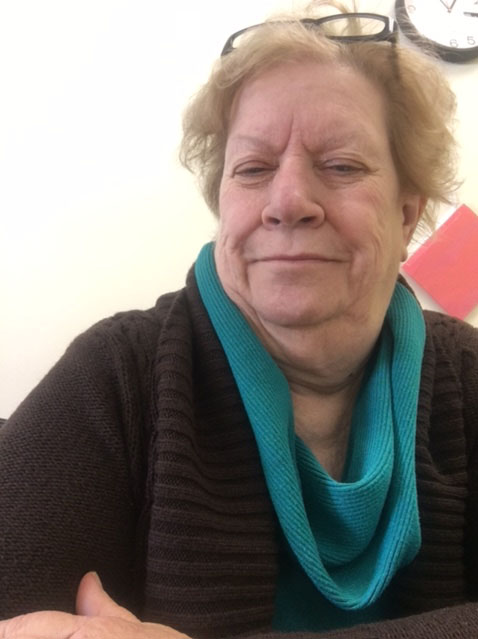Permission to stumble on the road to successful implementation of NGSS
By Cindy Workosky
Posted on 2017-03-21
So what’s the connection between growth mindset and NGSS? It begins with our own mindsets. We need to know that the implementation of NGSS will be hard work. We will struggle, have a small success, then find ourselves back in the struggle again. For example, you taught a lesson on transfer of energy, and you are feeling pretty good until you realize that you didn’t even begin to address the crosscutting concepts. As teachers, we need to be okay with that. We have to give ourselves and the colleagues with whom we’re collaborating the permission to make mistakes and try again.
Mistakes equal learning for us as educators. Every time we grapple with a new situation, make a mistake, and learn from it, we grow brain neurons. So not only are we growing our mindset, but we are also growing our brains. Pretty impressive for an experienced educator to consider: I am really still learning!
The same is true for our students. We have to be ready to encourage risk taking among our students and to help foster the growth mindset and culture of learning and respect in the classroom. We will have to help students unlearn some of their expectations that you, the teacher, are going to give them the answer. Students will need to see that grappling with concepts is where the real learning happens. Students will need to be praised for work they do, when they persevere and develop a deep understanding, and solve meaningful, relevant problems.
I wanted to know what others thought about this topic, so I sought other educators’ opinions, and this is some of what I heard:
I agree wholeheartedly. It is a work in progress, as all new initiatives are: Grab your bearings and hold on. It’s not going to be easy. But in theory, it’s just applying the best teaching techniques from your personal teacher toolbox. (Third-grade teacher Tricia Dennis)
I couldn’t agree more. I’ve been playing with NGSS for [more than two] years, and now officially have one semester of our actual NGSS physics class under my belt. I have learned and reflected on so much and have found huge growth as a professional during this process. I am actually grateful for the change. It is really forcing me to rethink my practice and step outside my comfort zone. (High school science teacher, Teacher on Special Assignment, Becky McKinney)
I agree. Students are asked to continually and iteratively improve explanations for phenomena and designs that solve problems. I don’t think you can even start day [one] of any unit without understanding how critical it is to support and foster all students in seeking improvement. (Regional Science Coordinator Brian MacNevin)
Agree. For both students and teachers. It’s a requirement for the ideas of revision and essential to inquiry. Students need it as they try things that haven’t been done before, and teachers need to foster it in their students and themselves as they seek to differentiate and match education to students’ prior knowledge and experience. (High school science teacher and NGSS Instructional Coach Janet Lee)
Last but not least are the words from my NGSS eduhero:
It is absolutely critical. As you’ve heard me say, there must be a sliding scale of quality as we implement new standards. I know them as well as anyone, yet I still learn something new all the time. You just have to know to look for and expect growth. (Stephen Pruitt, Commissioner of Education at the Kentucky Department of Education)
We need to remember this transitioning to NGSS is a journey or a sliding scale of improvement, as Stephen says. We need to give ourselves and our students permission to be learners and builders of understanding on this journey.
Interesting Resources to Check Out
- Decades of Scientific Research That Started a Mindset Revolution
- Mindsets and Math/Science Achievement
- Nudges That Help Struggling Students to Succeed
- Do You Have a Growth Mindset
- Mindset Resources on Facebook
The mission of NSTA is to promote excellence and innovation in science teaching and learning for all.
Future NSTA Conferences
2017 National Conference
STEM Forum & Expo
Follow NSTA
Disclaimer: The views expressed in this blog post are those of the author(s) and do not necessarily reflect the official position of the National Science Teaching Association (NSTA).


